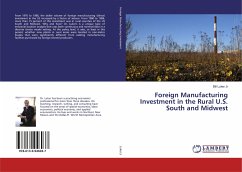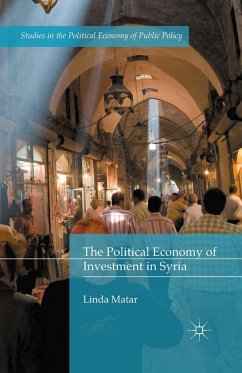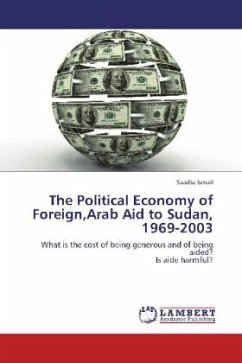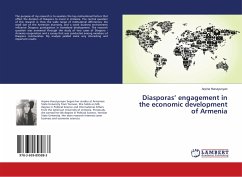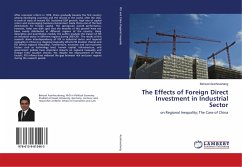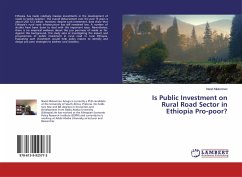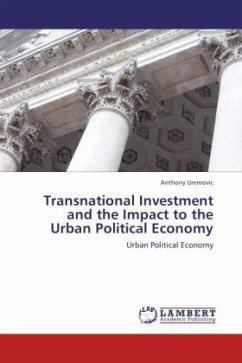
Transnational Investment and the Impact to the Urban Political Economy
Urban Political Economy
Versandkostenfrei!
Versandfertig in 6-10 Tagen
45,99 €
inkl. MwSt.

PAYBACK Punkte
23 °P sammeln!
This study analyzed the specific conditions that influence changes in a region's manufacturing employment and offers an explanation for the decentralization and deindustrialization of urban centers. The primary focus of this study is Chicago, but my analysis also includes Milwaukee, St. Louis, Kansas City, and Indianapolis manufacturing employment. The goals of urban economic development policies are varied and many times complex, but a common objective is the reduction of unemployment. A large amount of earlier research examines the general effects of urban deindustrialization on earnings and...
This study analyzed the specific conditions that influence changes in a region's manufacturing employment and offers an explanation for the decentralization and deindustrialization of urban centers. The primary focus of this study is Chicago, but my analysis also includes Milwaukee, St. Louis, Kansas City, and Indianapolis manufacturing employment. The goals of urban economic development policies are varied and many times complex, but a common objective is the reduction of unemployment. A large amount of earlier research examines the general effects of urban deindustrialization on earnings and employment, this research utilizes economic constructs of spatial aggregate job creation and growth. It also develops a framework for measuring transnational investment as an independent variable and the underclass as a dependent variable The results of this exploratory study confirm that there is a correlation between the level of manufacturing employment and the mobility of capital, that income growth is significantly affected, and that the decision to locate manufacturing capital is predominately, but not exclusively a market driven decision.



